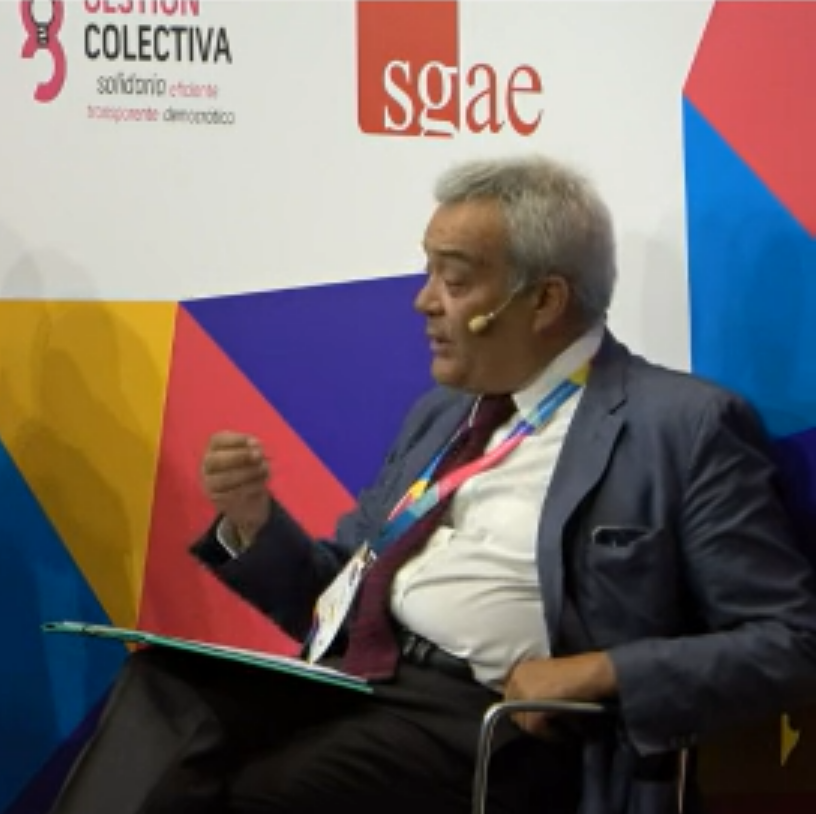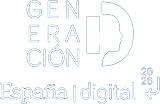09/09/2021
Madrid, September 9, 2021 – A new edition of the National Congress on Intellectual Property 2021 (CNPI 2021), organized by the Ministry of Culture and Sports, took place this morning.
The second panel of the congress dealt with the transposition of the Copyright Directive into national law. It is “one of the priority reforms” of the Government, as highlighted by Adriana Moscoso, Director General of Cultural Industries, Intellectual Property and Cooperation. This transposition, in fact, is one of the milestones to be achieved within the Recovery, Transformation and Resilience Plan (component 24).
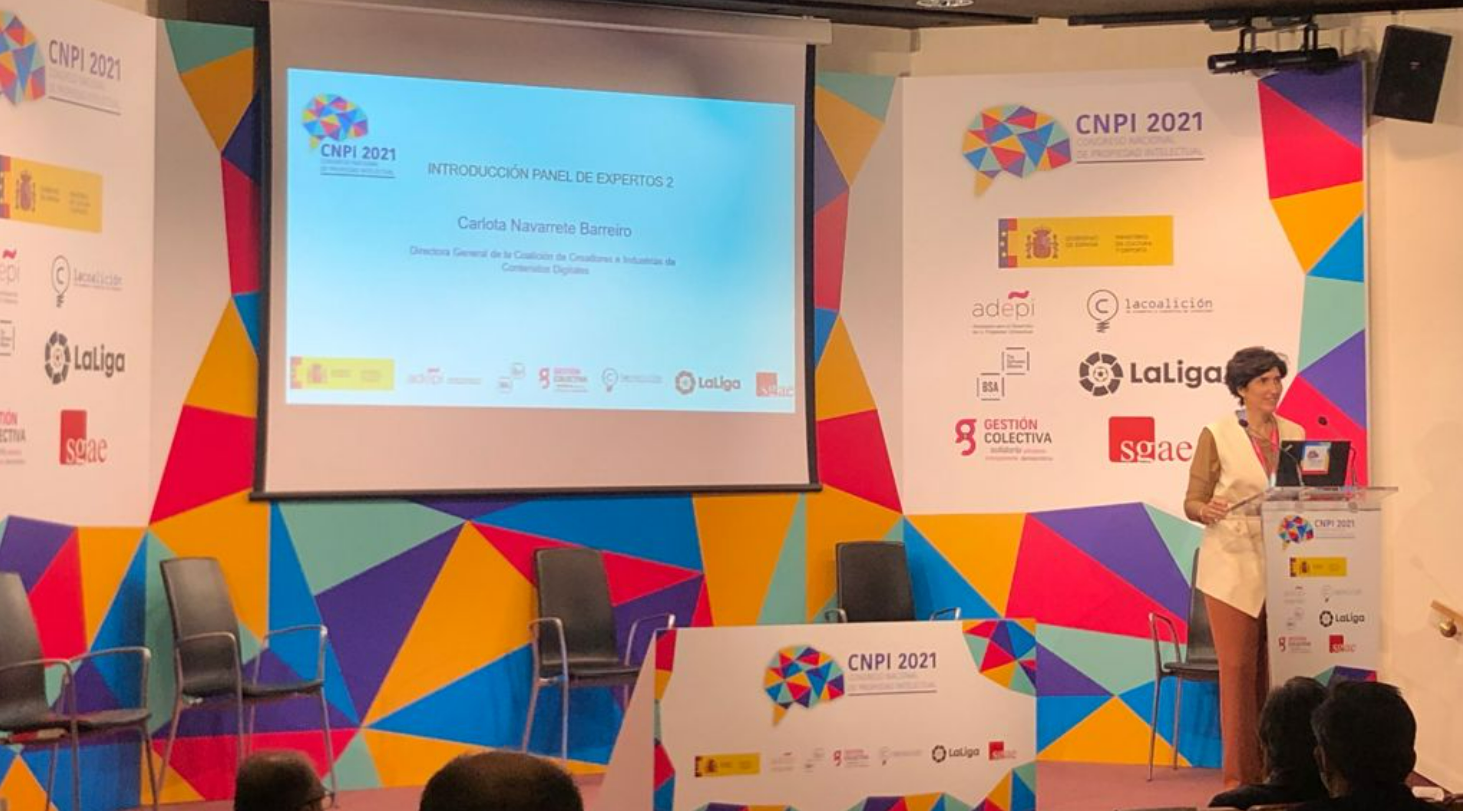
The CEO of DigitalES, Víctor Calvo-Sotelo, participated in the debate together with representatives of BSA The Software Alliance, the Spanish Federation of Publishers’ Guilds and Promusicae . The session was conducted and moderated by Carlota Navarrete, director of the Coalición de Creadores e Industrias de Contenidos.
The following is a list of Calvo-Sotelo’s main contributions during this congress, both in his opening speech and in the subsequent round table:
Efficient and effective enforcement requires streamlining administrative and judicial processes. The transposition of the Copyright Directive is an opportunity for this.
2. It is necessary to find a balance between the flexibility that a regulation needs in today’s ever-changing world, and the concreteness of the articles where technical criteria can be established, because these “help to homogenize obligations and procedures”.
More specifically, Calvo-Sotelo has called for a unification of the blocking procedures to be carried out by Internet access operators on copyright infringing web pages.
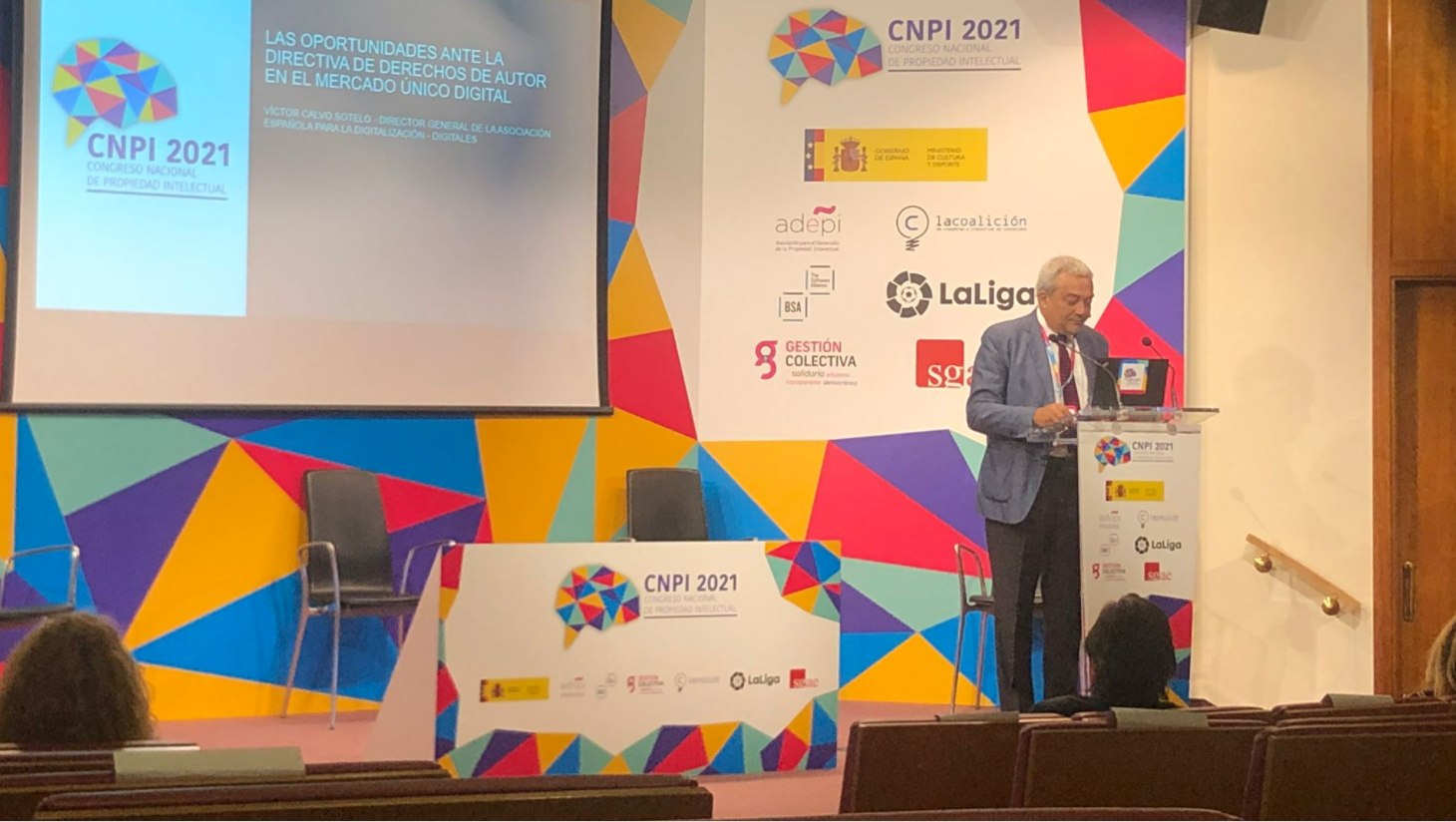
4. Spain must be as faithful as possible to the Digital Single Market and, therefore, to the content of its Directives. A legal harmonization at European level would result in a fairer and more predictable environment for companies – the level playing field is one of the highest values of the DigitalES association – and in a better position to attract international projects and investments to Spain.
5. With respect to the controversial Article 17 of the Directive, there is room to be more specific. Thus, DigitalES proposes to replace the ambiguous concept of “best efforts” with the establishment of specific minimum measures of mandatory compliance for all businesses involved, including large digital platforms.
6. In relation to Article 4, DigitalES considers it essential that Artificial Intelligence in Spain develops without hindrance. In this regard, the Copyright Directive can facilitate Text & Data Mining tasks.
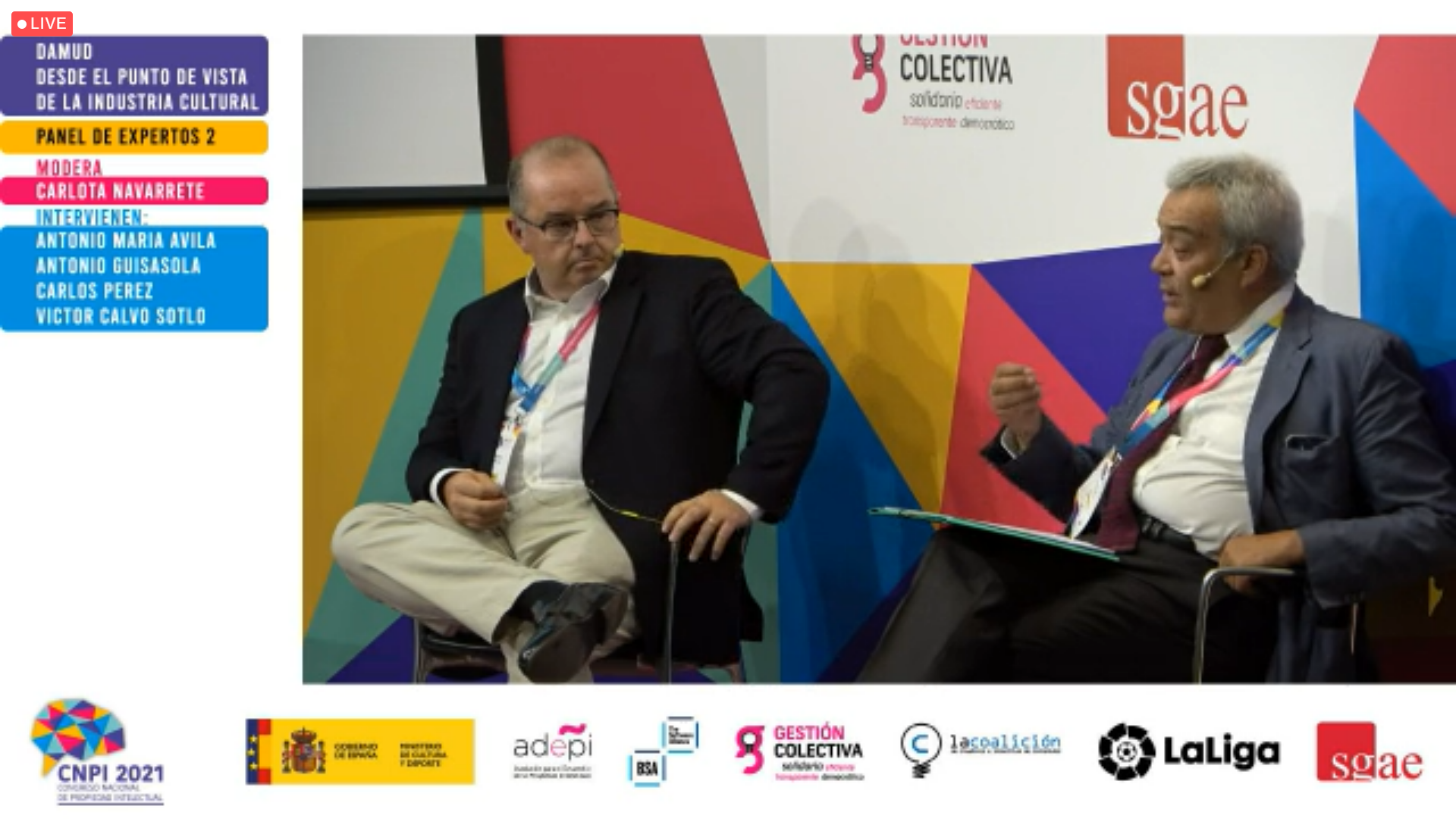
At the same time, DigitalES considers the creation of the future Spanish Intellectual Property Rights Office (under the Ministry of Culture and Sports) to be very positive. This may help to speed up the administrative procedures for blocking web pages with illegal content and, ultimately, for the enforcement of resolutions under intellectual property law.
Finally, effective copyright protection also requires the active collaboration of the private sector. Calvo-Sotelo highlighted the involvement of Internet access operators, which last April signed a Protocol together with the Coalition of Creators, thanks to the encouragement of the Ministry of Culture, to specify the procedures for suspending or blocking pirate websites.
This tool has proven to be “very effective,” according to the CEO of DigitalES. Since its launch on April 8, more than 100 infringing domains, more than 300 subdomains and hundreds of thousands of infringing URLs illegally linking to copyrighted content have been directly targeted.
The cultural and content industries account for almost 2.9% of employment in our country (720,000 direct and indirect jobs). Without the detriment of piracy, this figure would be significantly higher (130,000 more people), according to Carlota Navarrete, director of the Coalition.
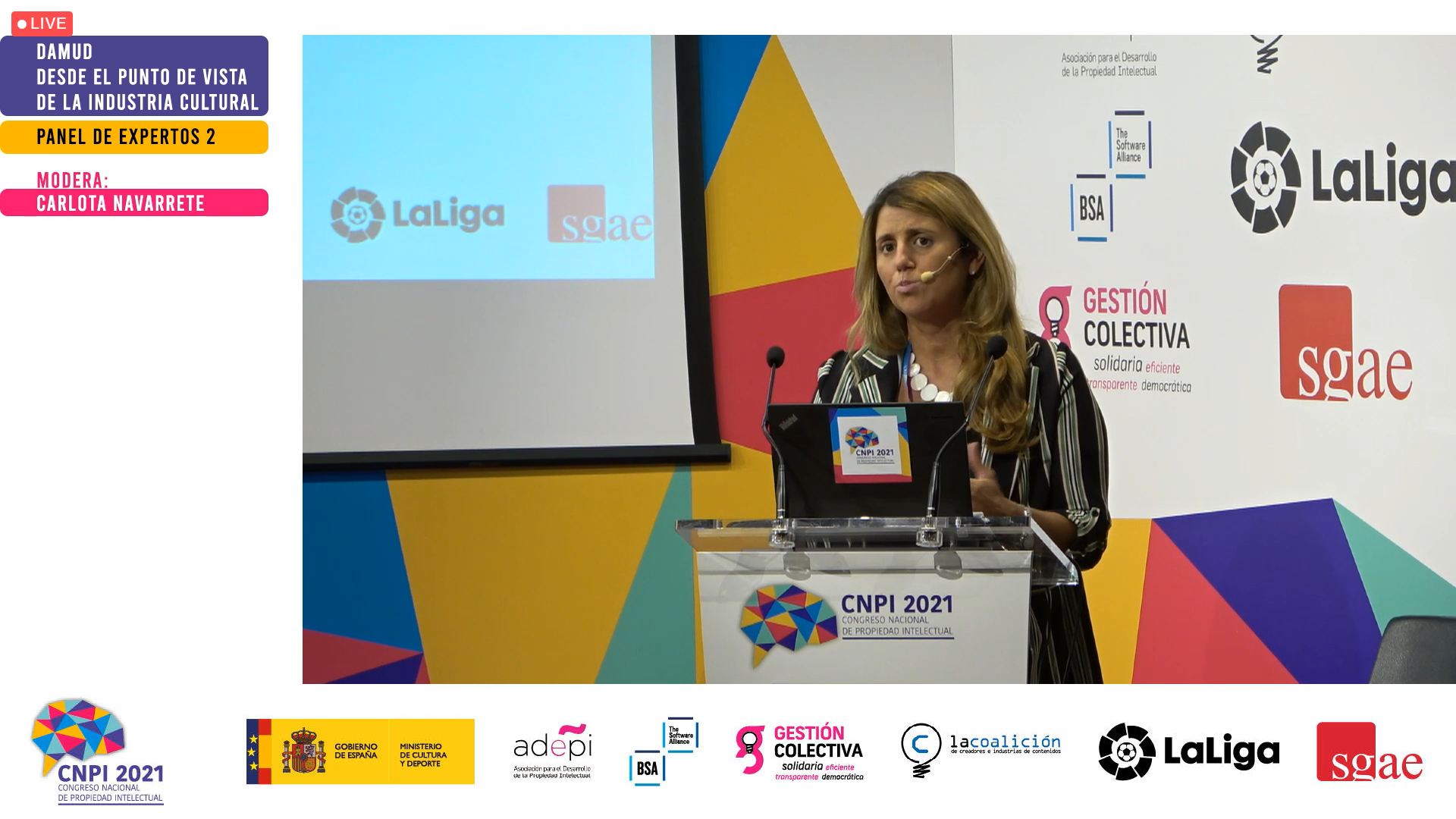
More information:
> Press release: Internet access operators and content creators join forces for the first time to strengthen intellectual property protection
> DigitalES – Digital Content Regulation Working Line
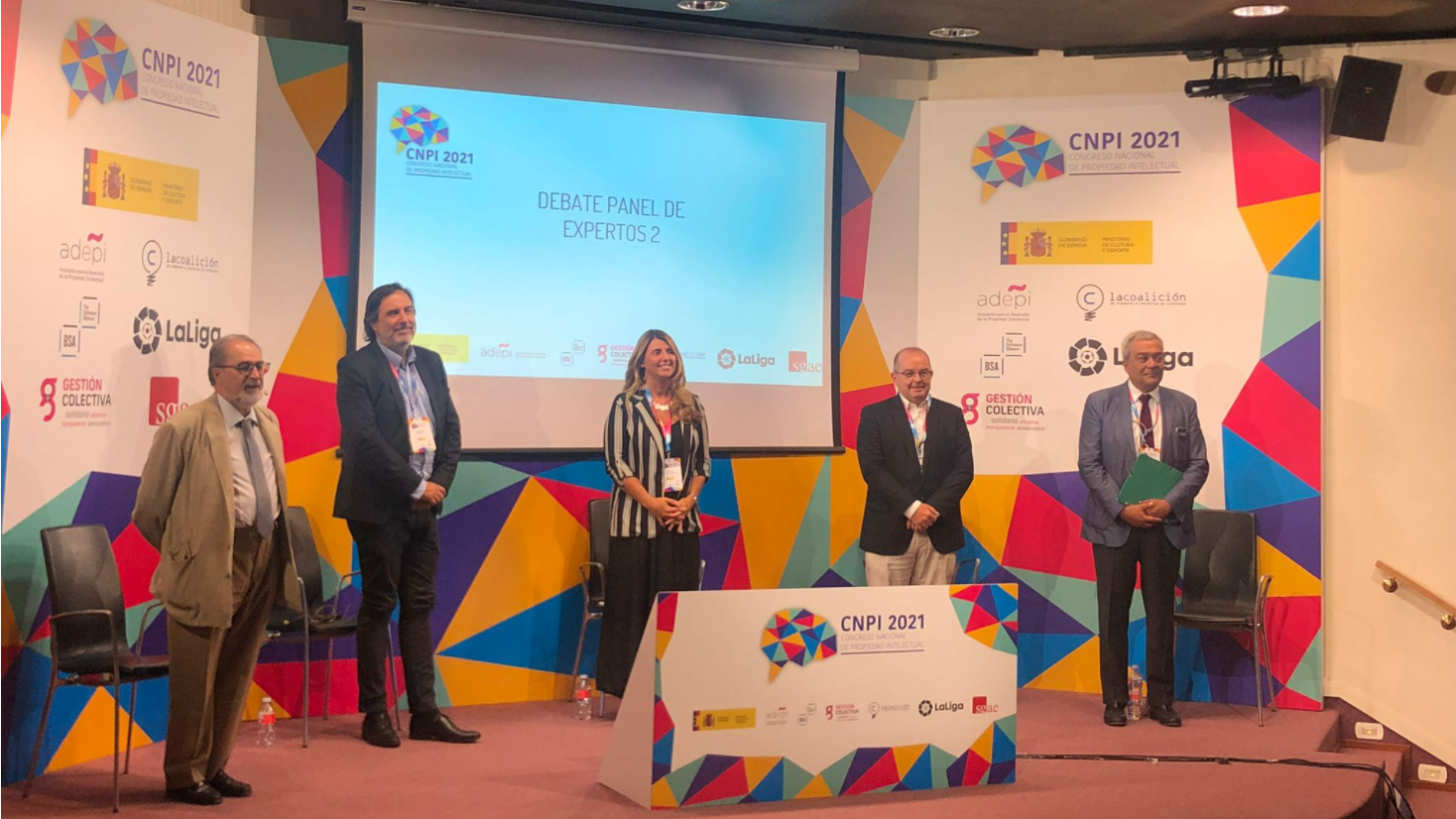
Síguenos en Redes Sociales:


